Advantages of Trenchless Plumbing Methods
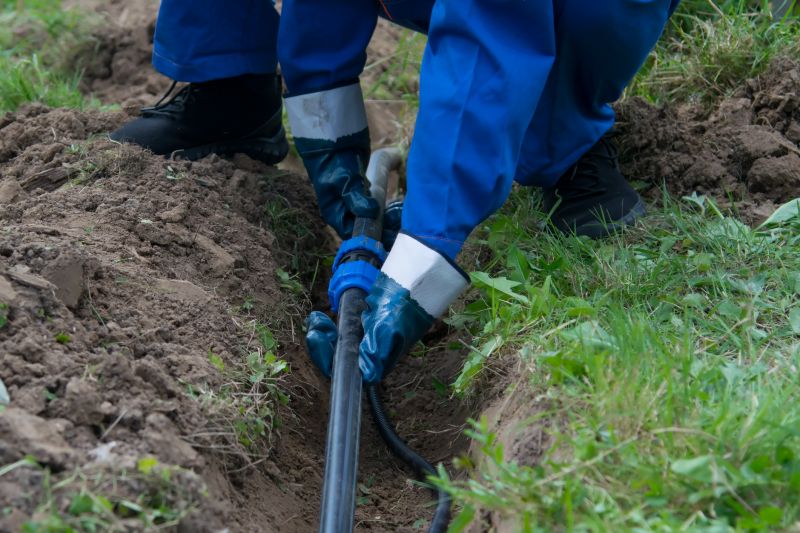
Spring is an ideal time for trenchless plumbing to address winter-related damages and prepare for the warmer months.
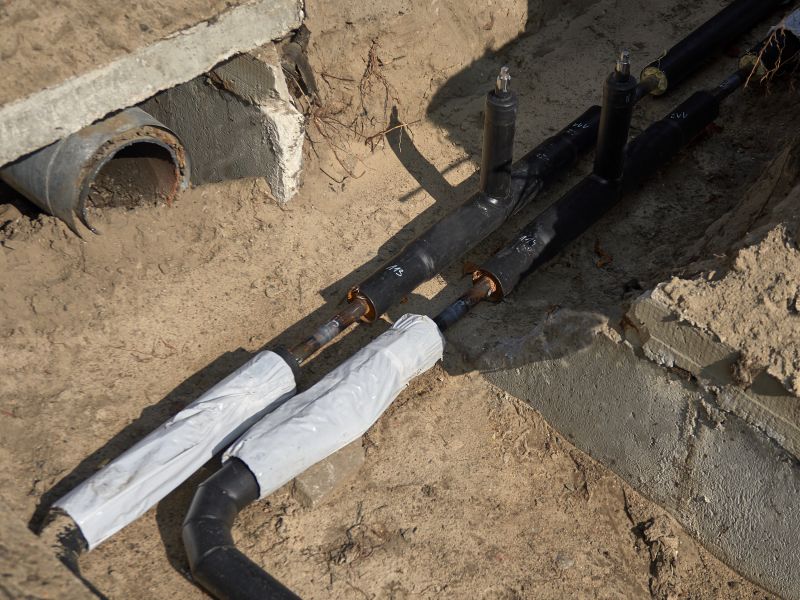
Summer offers favorable weather conditions for trenchless projects, reducing delays caused by rain or cold.
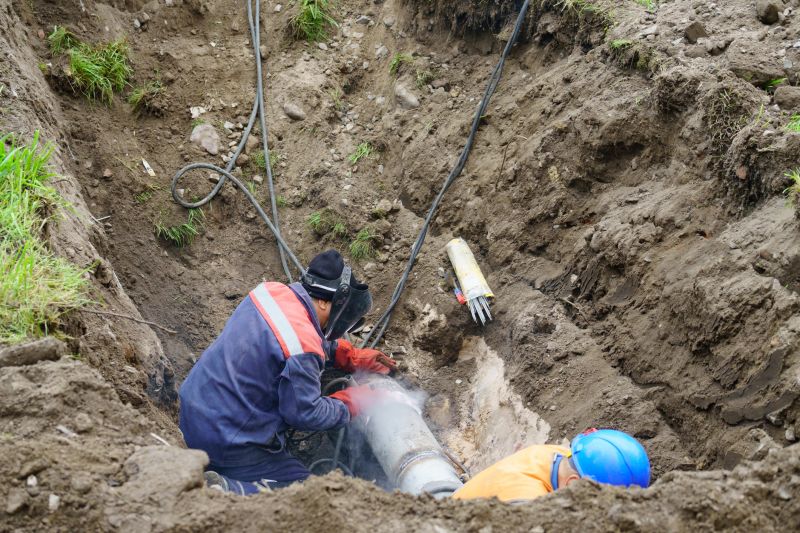
Fall allows for inspection and repairs before winter, minimizing the risk of pipe issues during cold months.
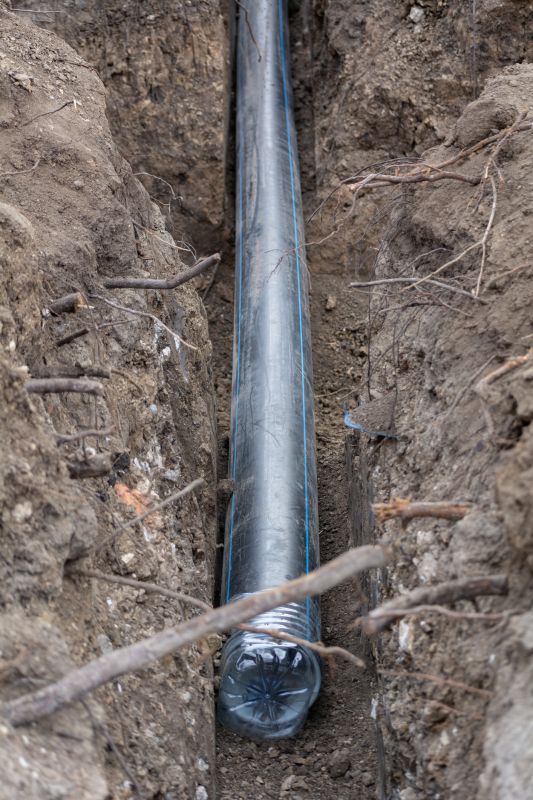
Ways to make Trenchless Plumbings work in tight or awkward layouts.
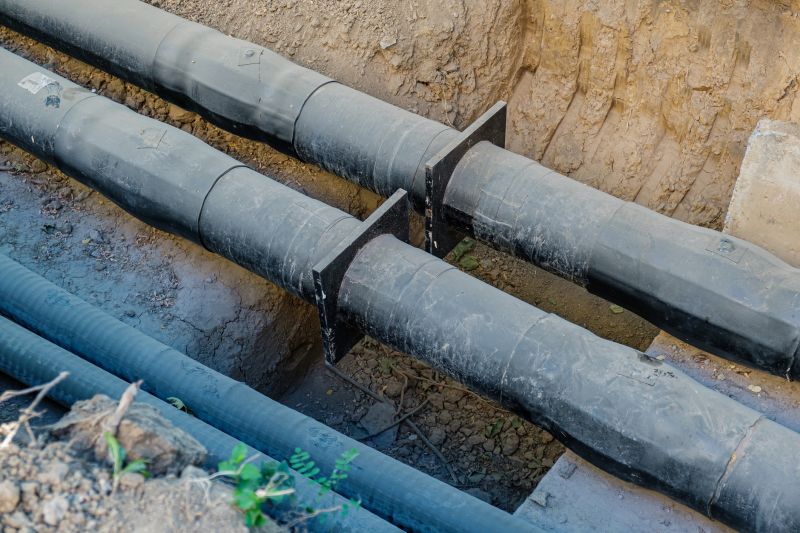
Popular materials for Trenchless Plumbings and why they hold up over time.
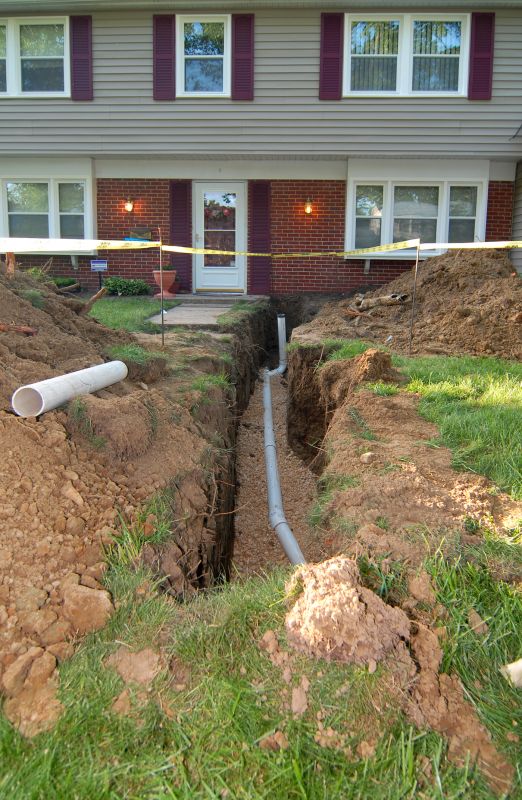
Simple add-ons that improve Trenchless Plumbings without blowing the budget.
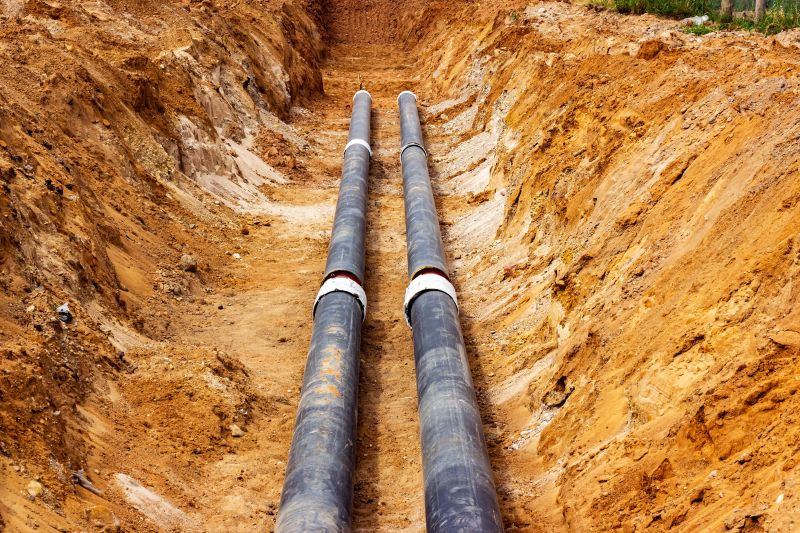
High-end options that actually feel worth it for Trenchless Plumbings.
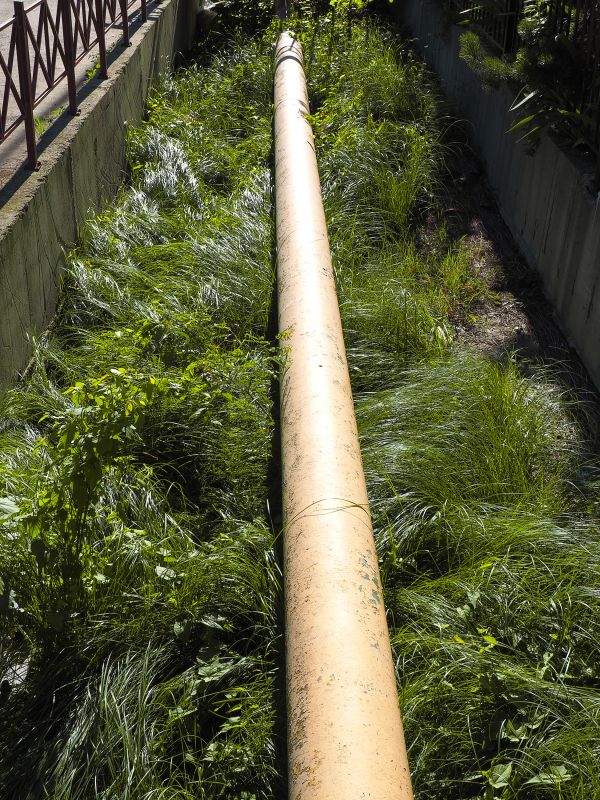
Finishes and colors that play nicely with Trenchless Plumbings.
Trenchless plumbing methods have become increasingly popular due to their minimally invasive nature and efficiency. These techniques involve repairing or replacing underground pipes without extensive digging, reducing property disruption and restoration costs. They are suitable for various pipe types, including clay, cast iron, and PVC, and can be used for both residential and commercial applications.
Statistics indicate that trenchless plumbing can reduce project time by up to 50% compared to traditional methods. Additionally, the cost savings can be significant, often exceeding 30%, by minimizing excavation and restoration expenses. These methods also decrease environmental impact by limiting soil disturbance and debris.
Reduces excavation, minimizes property damage, and shortens project duration.
Pipe lining, pipe bursting, and slip lining are widely used methods.
Suitable for areas with limited access, landscaping, or existing structures.
Proper assessment of pipe condition and access points is essential.
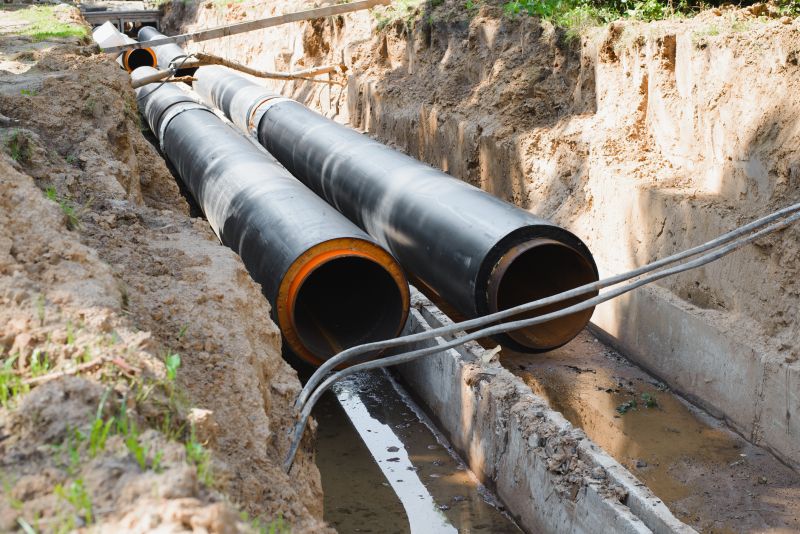
Utilizes lining techniques to restore pipe integrity without excavation.
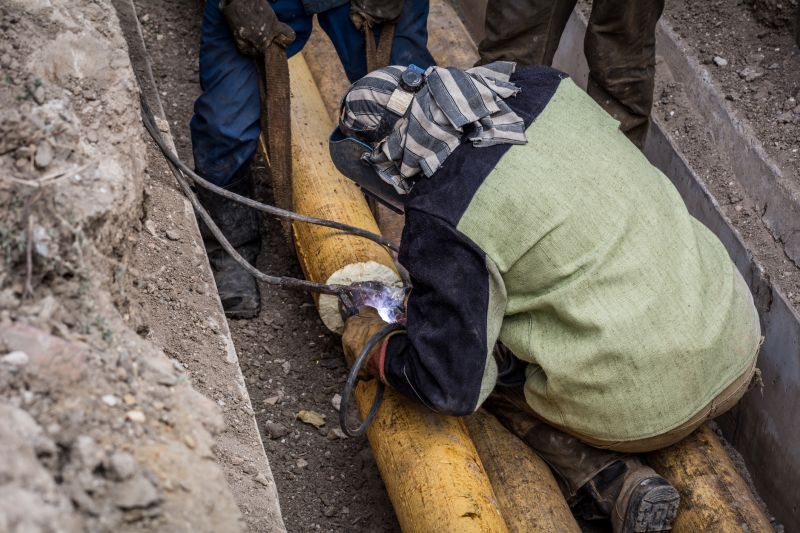
Pipe bursting allows for replacing old pipes with minimal surface disruption.
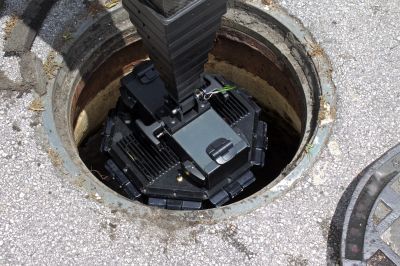
Advanced camera systems identify issues accurately before repairs.
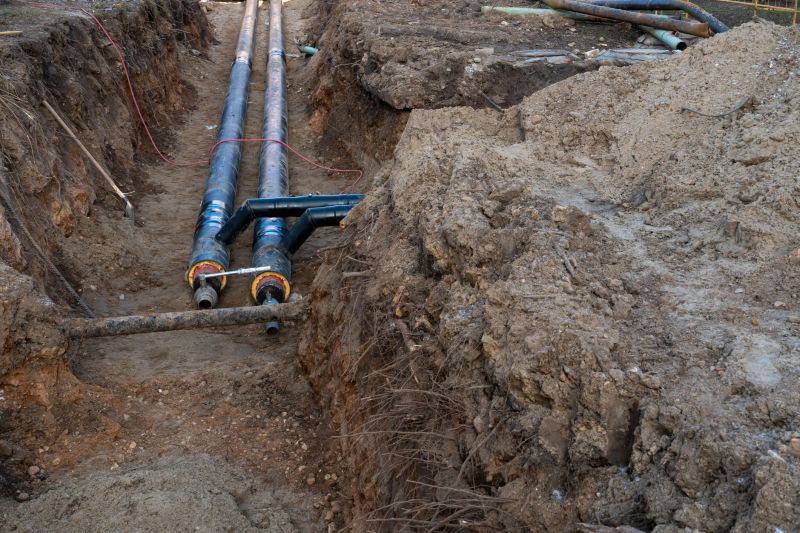
Modern machinery enables efficient and precise pipe work.
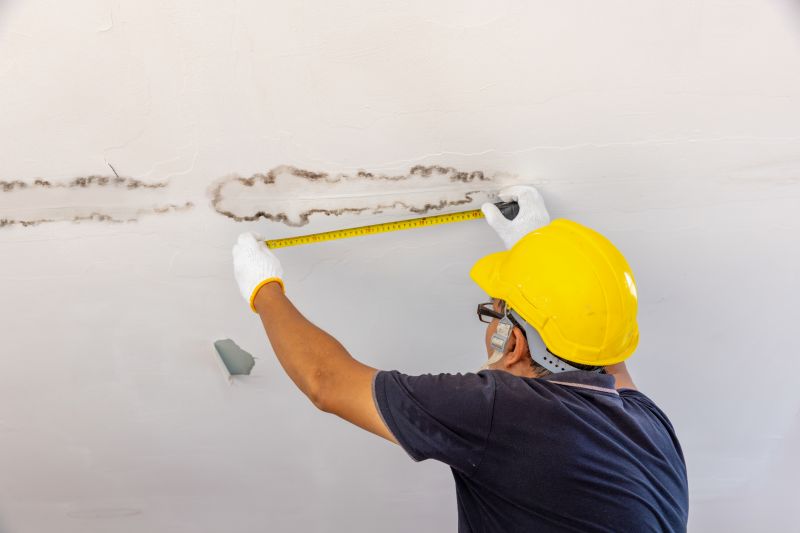
Little measurements that prevent headaches on Trenchless Plumbings day.
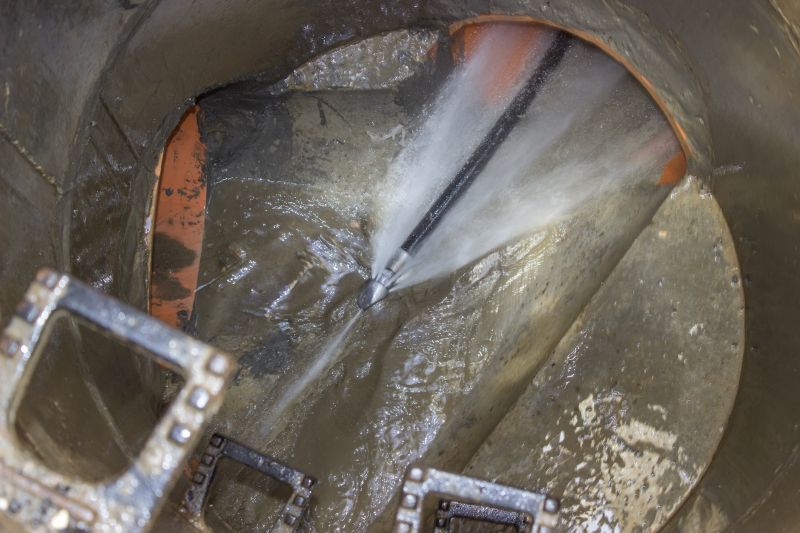
A 60-second routine that keeps Trenchless Plumbings looking new.
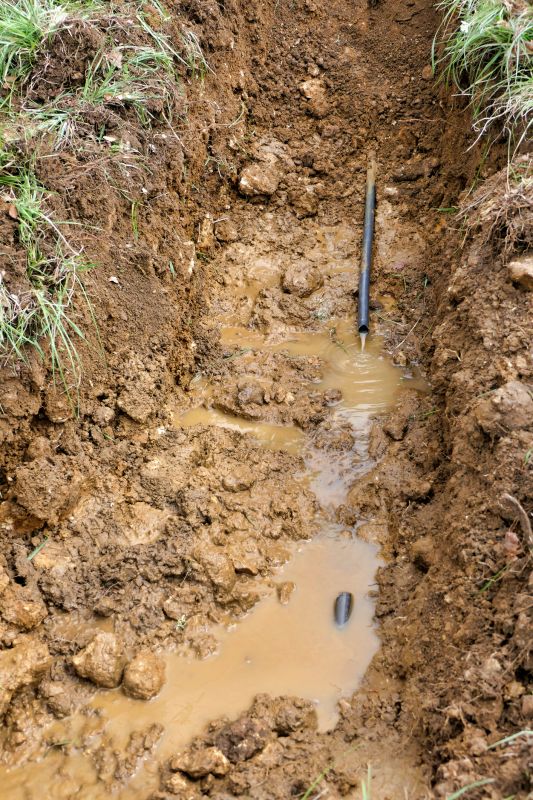
A frequent mistake in Trenchless Plumbings and how to dodge it.
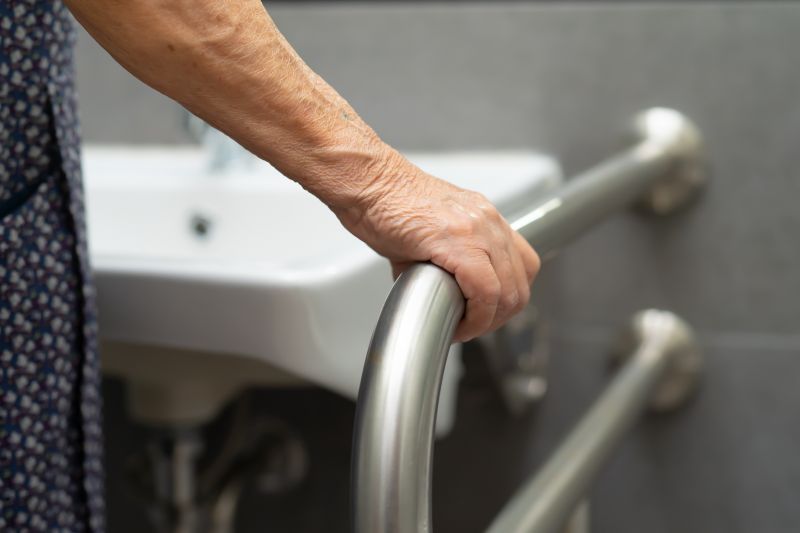
Small tweaks to make Trenchless Plumbings safer and easier to use.
| Season | Best Activities |
|---|---|
| Spring | Inspection and minor repairs |
| Summer | Major repairs and pipe replacements |
| Fall | Pre-winter inspections and sealing |
| Winter | Limited activities, planning for spring |
| General | Optimal weather conditions for scheduling |
Choosing the right time for trenchless plumbing depends on local climate conditions and project scope. Generally, spring and summer are preferred for their favorable weather, which facilitates equipment operation and access. Planning repairs during these periods can help avoid delays caused by adverse weather or frozen ground.



